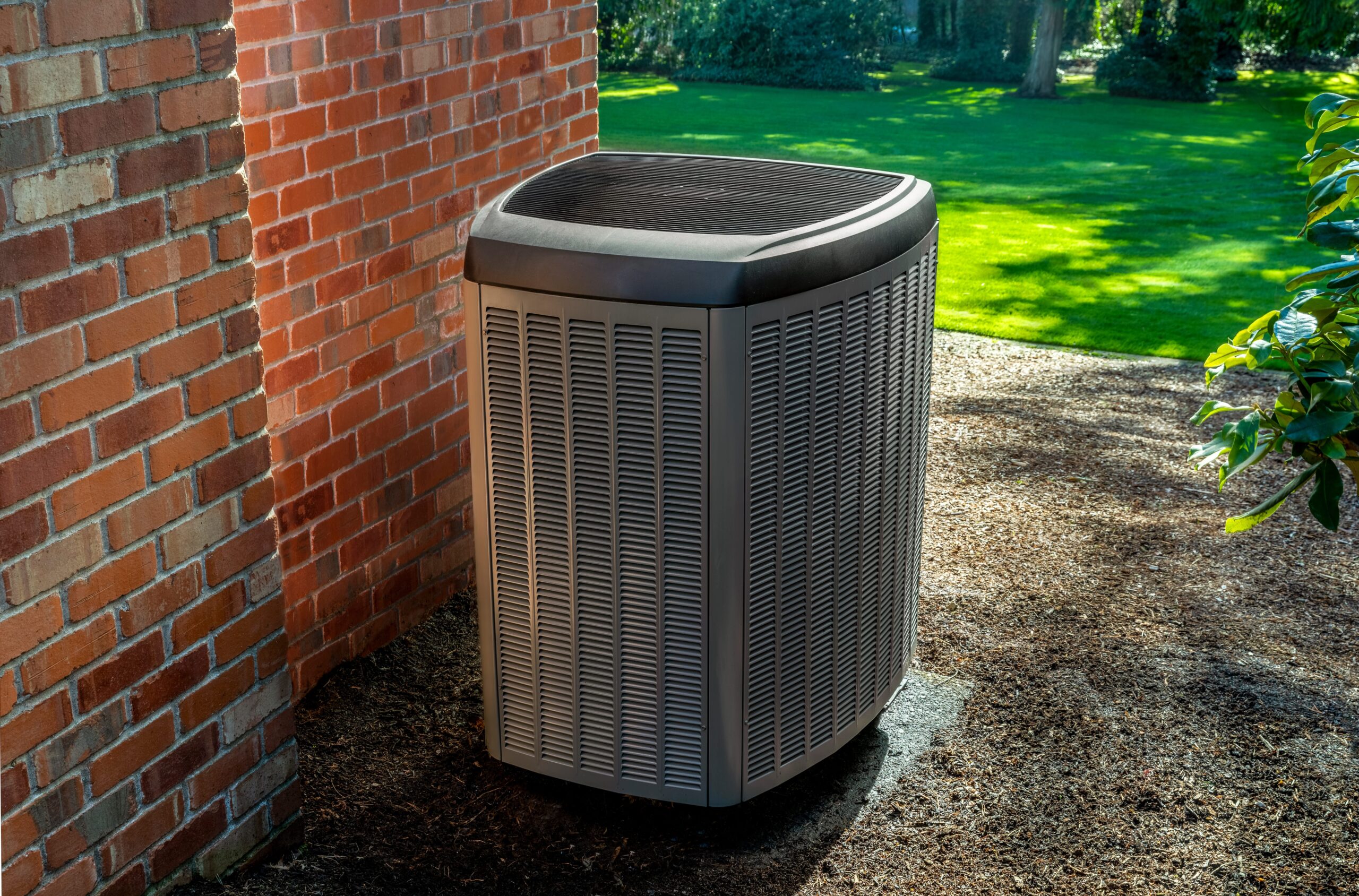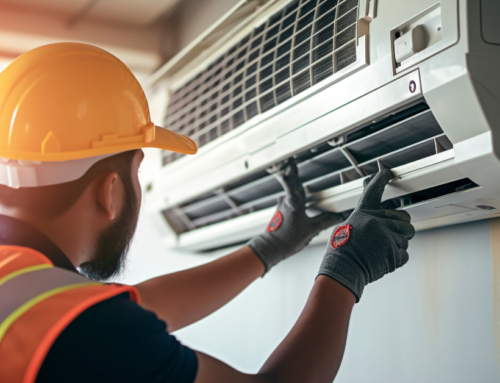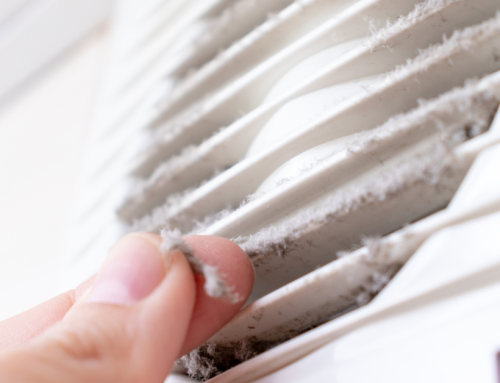Figuring out what size heat pump you need for your home is crucial. You want to be comfortable in your home, which means you need a big enough unit to keep you at your desired temperature efficiently without straining it mechanically. At the same time, you don’t want to overspend on an oversized unit that you don’t need to.
Oversized equipment is not only more expensive to purchase and operate, but it can create noticeable temperature differences between rooms and increase the wear and tear due to more frequent equipment cycling. A heat pump that is too small for your home will run constantly and not efficiently keep up with the demand.
Either way, the wrong size heat pump can result in:
• Higher energy bills: Undersized heat pumps will run longer, and oversized units will turn on more often than they should. In both cases, it takes more energy and results in higher energy bills.
• Temperature variations: Undersized heat pumps may simply not have the power it needs to heat or cool your entire home. Oversized units will likely run for shorter periods, which may not provide consistent comfort throughout your home.
• Shorten lifespan: With a high-quality heat pump, you can expect a lifespan of 10-15 years. Depending on your location, a well-maintained heat pump can last 20 years or longer. However, the wrong-sized heat pump will put more strain on the unit. Undersized heat pumps will run constantly while oversized systems will start and stop more often. Both put extra stress on the system which can cause it to wear more quickly.
What Size Heat Pump Do I Need?
You can generally get a rough idea of what size heat pump you need for doing some basic math. As a rule of thumb, you require one ton of AC capacity for every 500 square feet of your home’s interior.
So, for a 1,000-square-foot home, you would need two tons. For a 3,000-square-foot home, you would want a 6-ton unit.
From there, you can calculate the British Thermal Units (BTUs), which is the measurement used for heat pump sizing. Each ton equals 12,000 BTUs.
So, a 1,000 square foot home need 2 x 12,000 BTUs or 24,000 BTUs. A 3,000-square foot home would need 6 x 12,000 or 72,000 BTUs.
Here is a quick reference chart for comparing home square footage and heat pump size in tons and BTUs.

How HVAC Experts Calculate Heat Pump Size
While an overall square footage to BTU calculation can give you a rough estimate, you can quickly see how different conditions in each home can impact the size. For example, two homes might have the same square footage, but one has few windows and is tightly sealed. The second home might have lots of windows that are poorly sealed. These two homes might need different-sized units to properly handle the differences.
If you live in an area that’s cold most of the year (or hot most of the year), it can also have a big impact on the type of unit you need. The size of your ducts how well sealed they are, and where they are located in relation to insulated areas also play a role. Another factor is the ceiling height. It takes a bigger unit to handle 12-foot ceilings vs. eight or nine-foot ceilings.
So, HVAC experts will go much deeper when determining how to right-size your heat pump. While they may use square footage to get a general sense of the size, they will refine the calculations for a much more accurate evaluation.
When assessing a residential property, HVAC companies will employ something called the Manual J calculation for residential loads from the Air Conditioning Contractors of America. It lists 11 items that need to be considered to determine the right size heat pump.
These items include:
• Design temperatures (local climate)
• Windows and glass doors
• Skylights
• Wood or metal doors
• Walls and insulation
• Ceilings
• Floors
• Infiltration (Tightness of seals)
• Internal factors (Number of occupants, appliances)
• Ducting
• Ventilation
Taking into account each of these factors allows a contractor to perform more accurate load calculations to answer the question: What size heat pump do I need?
SEER and HSPF Ratings
Two other important measurements for your heat pump are the SEER and HSPF ratings.
SEER is the Seasonal Energy Efficiency Ratio. The higher the rating, the more efficiently your unit operates when cooling. Heat Seasonal Performance Factor (HSPF) measures the efficiency of heat pumps when heating. The higher the HSPF, the more efficient the heat pump is.
More efficient units will help save money on energy bills over time, although units with the highest SEER and HSPF ratings are more expensive upfront.
What size heat pump do you need? Contact the experts at Day & Night Mechanical Solutions in Denver, CO and we’ll find the exact right fit for your home.



